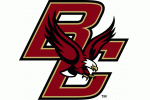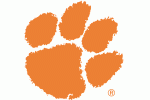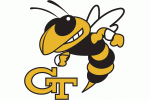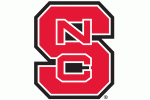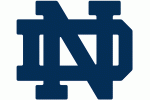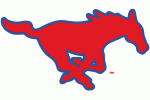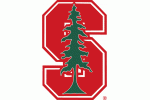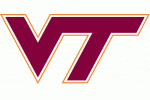Three letter acronyms that begin with the letter N continue to dominate offseason news.
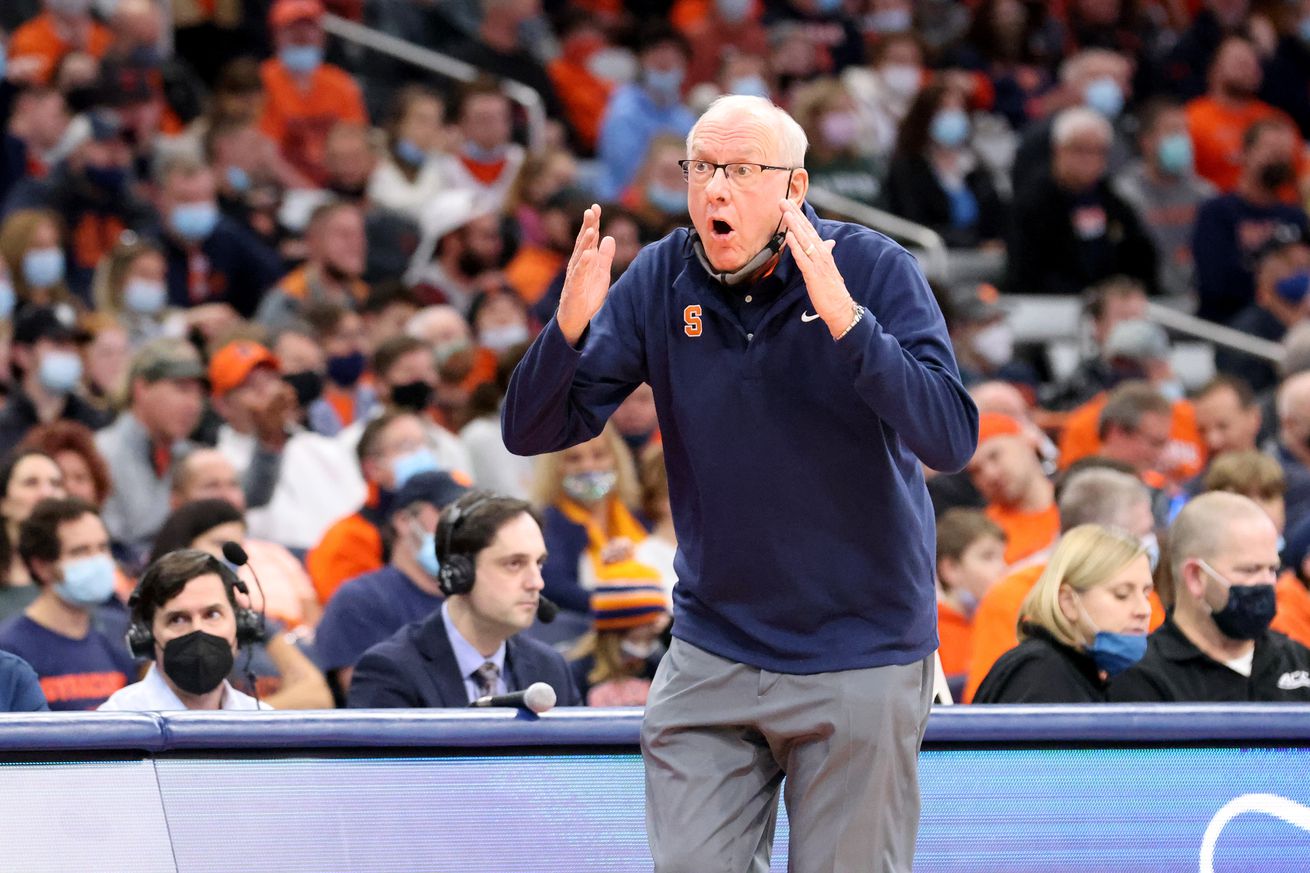 Photo by Bryan Bennett/Getty Images
Photo by Bryan Bennett/Getty Images
The Syracuse Orange men’s basketball program is well into the offseason at this point, but on Wednesday Jim Boeheim appeared on Eric Devendorf’s show on Cuse Sports Talk to lightheartedly discuss a medley of topics, including the inexact science of recruiting rankings, name, image and likeness (NIL), the transfer portal and how Syracuse is still searching for a backup center, among other subjects.
Much ink has been spilled this offseason over NIL in the college basketball world as players like Oscar Twishbe can expect to make upwards of $2 million at Kentucky this upcoming season and North Carolina’s Armando Bacot is set to appear in Netflix’s series the Outer Banks. With the addition of the transfer portal and agent representation, perhaps there have been some unintended consequences of NIL, such as players entering the transfer portal with new NIL deals in hand from boosters representing other programs, coaxing them to transfer.
Without a central governing body to regulate the nascent nature of NIL, the practice has metastasized into a lawless system that looks more like pay-for-play. There won’t be much sympathy for millionaire college basketball coaches and it isn’t quite so simple, but the aforementioned has boxed them into a precarious position: do you allow boosters to engage in pay-for-play while risking potential sanctions down the road, or do you try to play it by the book and risk losing out on top talent?
To be sure, NIL is a benefit for college athletes and this shouldn’t lead to waxing nostalgic over yesteryear, but absent of a regulating body, caps on what players can earn (or players being allowed to be paid directly by their schools), boosters are free to navigate this laissez-faire market and manipulate the gray area into pay-for-play.
Boeheim addressed some of that and what Syracuse has and has not done in the NIL space.
Name, image and likeness and its role in the transfer portal
“The bad thing about the portal is, these are older guys with agents and they’re basically being paid to play at the school they’re going to. They’re getting NIL deals before they get there. That’s not possible unless it’s set up,” Boeheim said.
“When you come in knowing you’re getting $400,000 from one place for a couple posts in your [social media]. That’s obviously not real NIL. That’s pay. That’s someone paying you to go to their school. That’s what’s happened in the portal and it’s going to keep happening. You’re going to have these collectives form and people are just going to go to players and say, ‘Here’s your money. You have to do this.’ That’s not what NIL was hoped for,” Boeheim continued.
On the Syracuse team, Buddy Boeheim was one of the first athletes to cash in on NIL and he did so through local brands or companies with Syracuse University ties. He’s also sold his Syracuse apparel through the Players Trunk.
“I think Buddy’s jersey sold for—he had several jerseys for being here four years—but he probably made $10,000 from jerseys. At the Gala we actioned one of his jerseys for $2,800,” Jim Boeheim said.
Backup Center
Syracuse reserve Frank Anselem entered the transfer portal and has since committed to Georgia. That leaves the Orange without an obvious backup center behind Jesse Edwards for 2022-23.
“I can’t allow the program to go into next year, for example, without a backup center. We don’t have one,” Boeheim said.
The Orange recruited Syracuse native Quincy Ballard after he announced his transfer from Florida State. But the big man eventually chose Wichita State over Syracuse. Asked how difficult it was to recruit a backup center in the transfer portal when most players who enter the portal want to start, Boeheim expressed the difficulty there.
“Almost impossible,” He began. “We’ve lost a couple guys in the portal for that reason. We have actually a good situation for a young, developing center. Come in every day and play against Jesse, which will be good. Jesse gets in foul trouble. Jesse has played 27 minutes a game here. So a backup center—who is truly a backup, not quite ready—this is a perfect situation for him. Play 10- to 15-minutes per game, learn how to get better. If Jesse has a great year he can leave and now you can be a starter.”
Other areas of interest:
- On playing man-to-man defense (as well as 2-3 zone) in 2022-23
Boeheim thinks man-to-man defense will give Syracuse more flexibility this upcoming season and added that teams have gotten better against zones in recent years.
“I think this coming year we’re going to put the man-to-man back in,” Boeheim said. “We’re going to work on it. You have to work on it to use it. We’ll probably spend a little extra time at practice getting it ready. I don’t know if we’ll play it a lot or a little or all the time. But we’re going to put it in, have it as a weapon.”
- On that 2009-10 Syracuse team that was ranked No. 1 and earned a No. 1 seed in the NCAA Tournament but lost Arinze Onuaku to injury
“That team would’ve gone to the Final Four for sure. And Duke won it that year and it wasn’t a good Duke team. I think we would’ve had a good chance,” Boeheim said. “We made Brad Stevens’ career.”
- On Gerry McNamara and the ‘not ten’ postgame speech in the 2006 Big East Tournament
“I probably went a little too far. We probably would’ve won ten games without Gerry, but not many more,” Boeheim said in jest.
- On winning the 2003 National Championship
“Winning a national championship is something you never forget. You never forget it. That’ll be the last basketball thought I ever have.”
Boeheim ends the chat saying “I gotta take a call from my recruiting coach... What’s up Gerry?”
You can watch the hourlong show below on Cuse Sports Talk:


